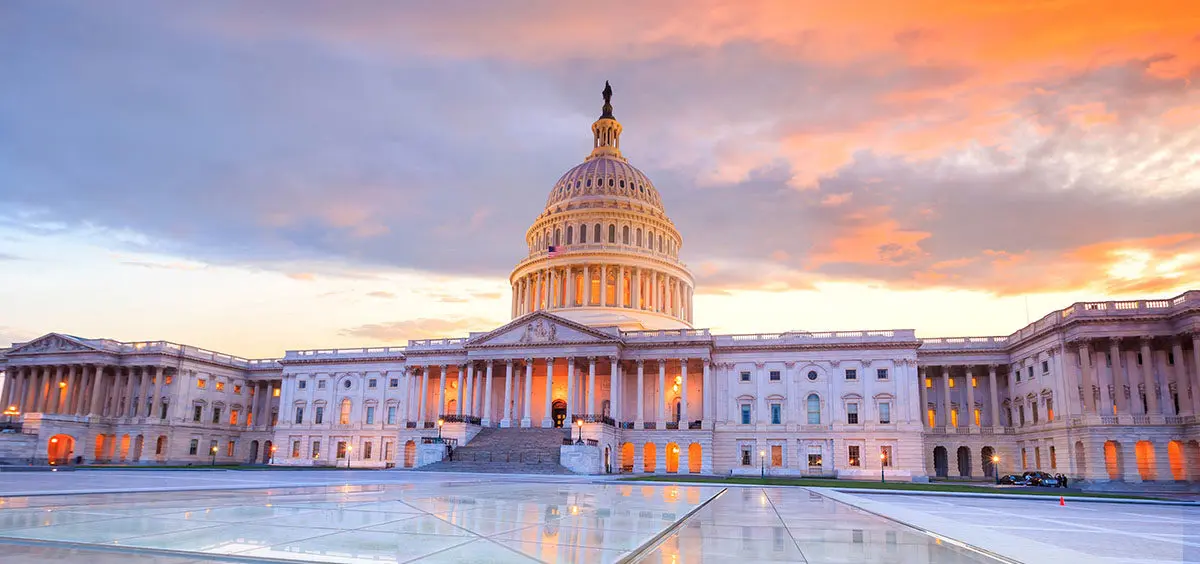Passage of Major Funding and Health Policy Legislation Closes Out 2019
01/13/2020
by Maddie Mason, Senior Associate, Policy
Legislation providing funding for all federal programs for fiscal year 2020 was passed by Congress and signed into law by the President on December 20, 2019. This bill also included many health care provisions that will significantly impact patients. The following is a brief overview of some of the specific health-related provisions in the bill as well as some of the policies that were being debated but were not included.
Included in the Bill:
- The Patient-Centered Outcomes Research Institute (PCORI) was reauthorized through 2029;
- The U.S. Department of Health and Human Services (HHS) will receive an increase of $4.4 billion for public health data tracking and targeted initiatives on HIV prevention, suicide prevention, kidney disease, opioid addiction, and Alzheimer’s Disease;
- The U.S. Food and Drug Administration (FDA) will receive an increase of $3.16 billion for medical product and food safety efforts, FDA infrastructure, a regulatory framework for cannabidiol (CBD) and expedited medical development under the 21st Century Cures Act;
- Three taxes included in the Affordable Care Act (ACA) were repealed on December 31, 2019:
- The health insurance tax;
- The medical device tax;
- The “Cadillac Tax” on high-cost employer-sponsored health plans, which was scheduled to go into effect in 2022;
- The Creating and Restoring Equal Access to Equivalent Samples Act (CREATES Act), legislation that allows a biosimilar or generic-drug manufacturer to sue in federal court to obtain samples from the product’s manufacturer to create generic alternatives and provide the FDA more discretion to approve alternative safety protocols to expedite access to samples;
- A provision to raise the legal purchasing age of tobacco from 18 to 21; and
- Medicaid funding to make up for a significant funding shortfall for U.S. Territories.
Not Included in the Bill:
- Sweeping drug-pricing policies;
- Surprise medical billing provisions; or
- Long-term extensions of expiring health care programs beyond May 22, 2020 including:
- Aging and Disability Resource Centers;
- Area Agencies on Aging;
- Certified Community Behavioral Health Clinics;
- Certified Community Health Centers;
- The National Health Service Corps;
- The Patient-Centered Outcomes Research (PCOR) Trust Fund;
- State Health Insurance Assistance Programs;
- Teach health centers’ graduate medical education programs;
- The Special Diabetes Program; and
- The Special Diabetes Program for Indians.
Congress returned to Washington after the New Year and the NHC and our membership will continue to work to advance critical health policies in 2020. View our 2020 policy priorities matrix.
